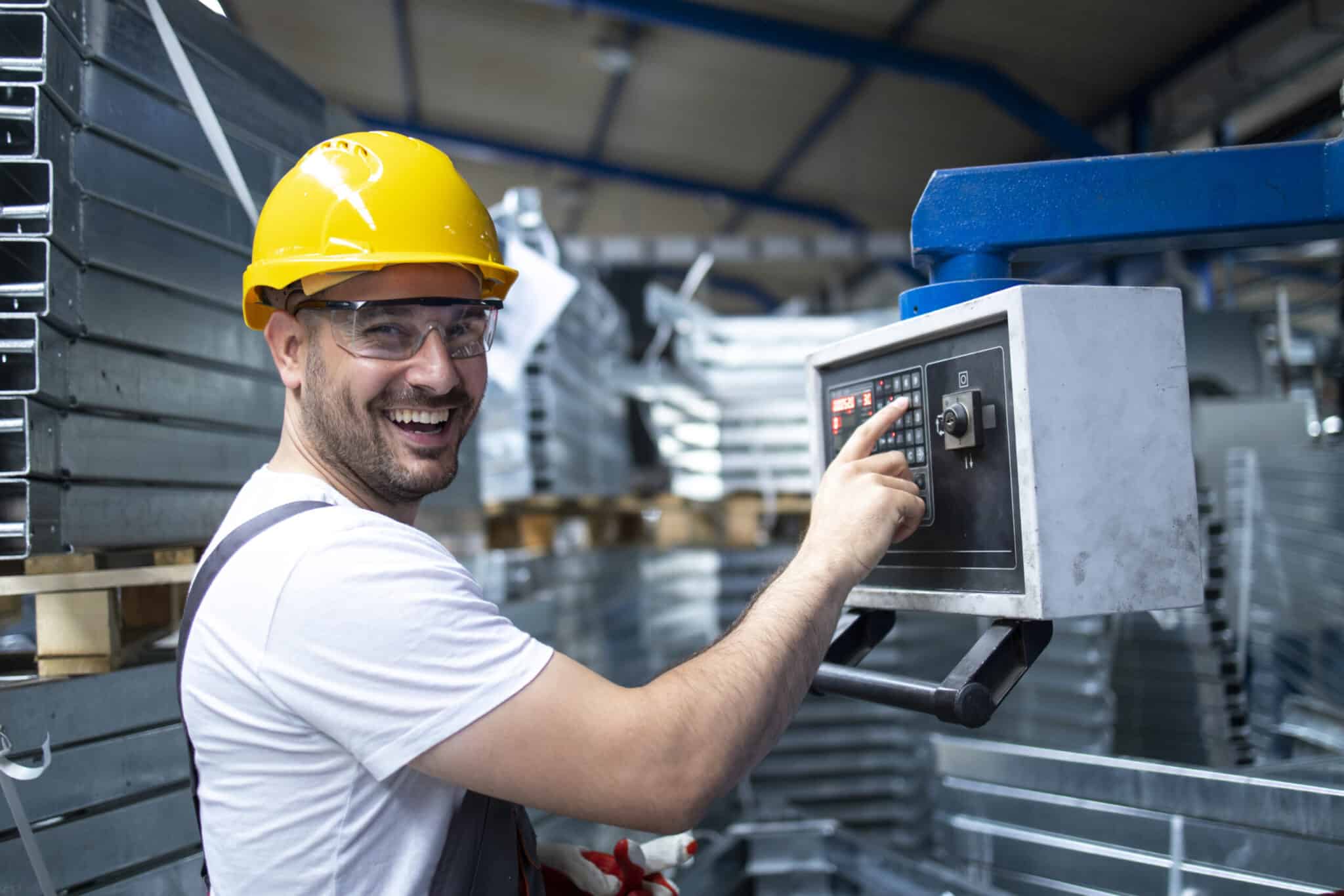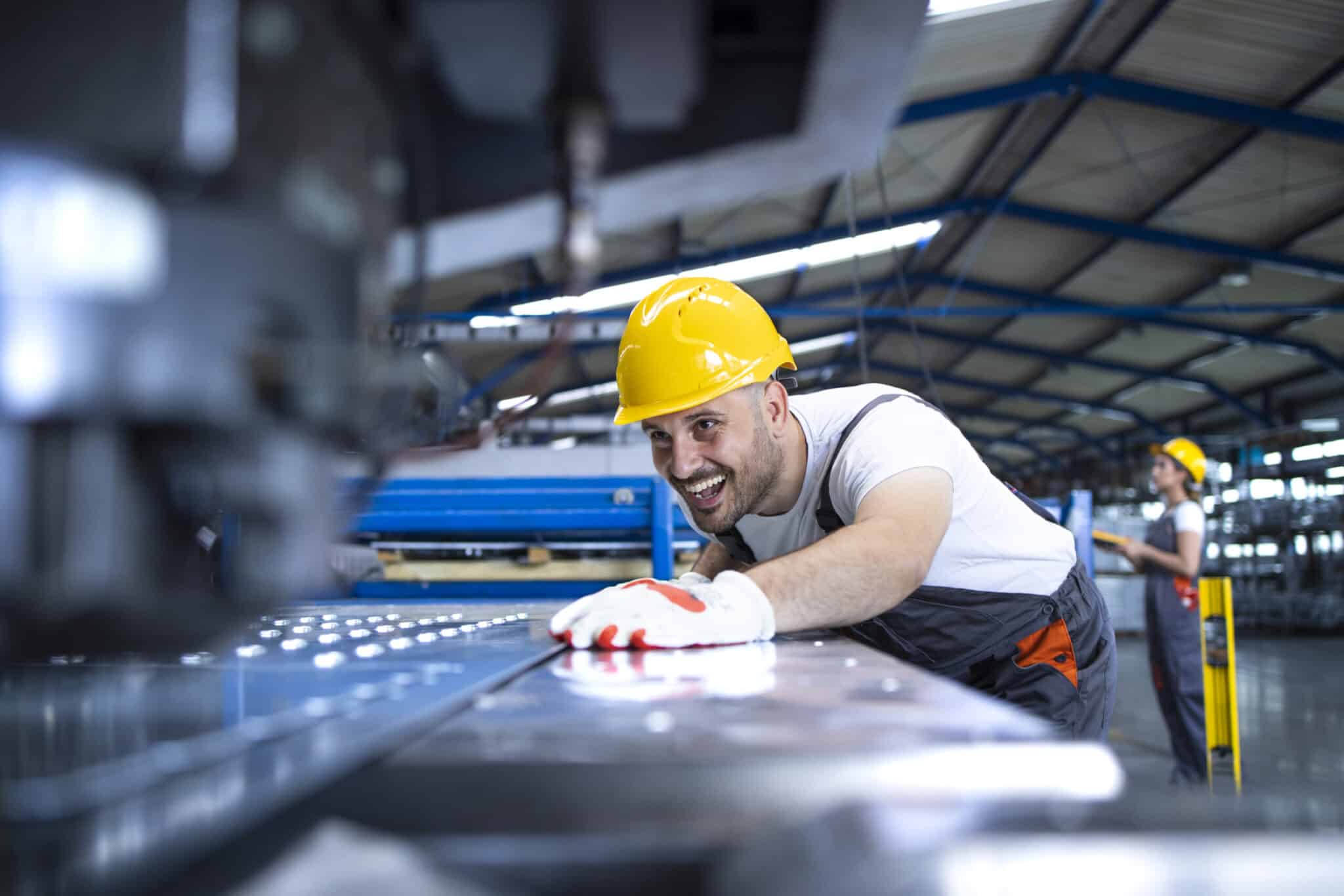As an American leader in waterjet cutting services for the business-to-business sector, ACMG is proud to provide specialized water jet cutting services in Dallas. Water jet cutting is a manufacturing process that utilizes a high-pressure stream of water pumped with abrasive material to effectively cut a wide range of materials – from soft materials like rubber to thicker materials such as metal, glass, and stone.
Offering a wide variety of water jet cutting services, ACMG supports industries as diverse as automotive, aerospace, and construction. Our company is celebrated for its cutting-edge waterjet machines and dedicated team of technicians who utilize the power of water jet cutters to deliver high-quality results for their clients.



Water Jet Cutting: also known as abrasive flow machining, is a highly precise method used in a broad range of applications, supported by a high-pressure pump and our top-tier water jet cutting system.
Precision: Water jets allow for extremely accurate cuts in material with minimal waste. The high-speed stream of water mixed with abrasive substances easily cuts through materials with great detail.
Versatility: Our water jet cutting system can handle a wide range of materials, making it a solid choice for businesses that need to cut a variety of materials.
Cost-effectiveness: Compared to other methods, water jet cutting is a cost-effective solution. It produces minimal waste and cuts materials at the speed of sound, reducing production time and costs.
ACMG is equipped with state-of-the-art water jet cutting machines that deliver top-quality results. From soft materials to thicker ones, our waterjet technology can handle a wide range of material thicknesses, thanks to our advanced water jet cutters.
In addition to standard water jet cutting, we also offer customization options like multi-axis cutting and taper control. Our expert team will work with you to determine the best approach for your project, ensuring we meet your specific needs.


Choose ACMG for our expertise and experience, our commitment to quality, and our cost-effectiveness and efficiency. Our advanced equipment and processes allow us to complete projects quickly, offering cost savings for our clients.
ACMG has locations throughout the United States, ensuring easy access to our services no matter where you are. Contact us today for a consultation or request a quote for your project.

Water jet cutting, powered by a high-pressure pump, is a modern contract manufacturing process that uses a potent stream of high-pressure water, sometimes mixed with abrasive material to maintain material thickness, to cut through various materials. Designed to deliver a broad range of applications, it’s a precise, advanced technology utilized in the aerospace industry and beyond, for cutting an extensive range of materials – metals, stone, glass, ceramics, and composite materials, to name a few. A button-like nozzle mounted on a CNC machine focuses the water stream to form the desired cut, blending it with abrasive substances to enhance the cutting power of the water.
Water jet cutting, thanks to direct drive pumps, effectively cuts through a variety of materials, including metals, stone, glass, ceramics, and more while preserving the material thickness. Notably effective for cutting metals, it enables precise cuts with minimal waste, including commonly used metals such as aluminum, stainless steel, mild steel, brass, and copper.
Multiple techniques enhance the effectiveness of water jet metal cutting, including:
In this technique, a high-pressure water stream with no abrasive material added drains through the materials to be cut. This technique is often deployed for cutting softer materials like food products, rubber, or foam.
The most prevalent technique in the aerospace industry for water jet metal cutting. It includes the introduction of an abrasive substance into the water stream to boost its cutting power. As a result, abrasive water jet cutting can slice through a broad range of materials, from soft to thicker materials.
Misting is a technique involving the addition of a small amount of oil or a similar lubricant to the water stream. This reduces heat, safeguards against cross-contamination, and enhances cutting speed and accuracy. It’s often deployed for cutting thin materials or those prone to warping.
In this technique, a CNC machine controls the water jet nozzle’s movement in multiple directions, allowing for complex shapes and cuts – a testament to the versatility of water jet cutting.
Taper control involves adjusting the water jet nozzle’s angle to create a taper on the cut edge of the material, while preserving material thickness. It’s often used to create a beveled edge on metal parts.
The water jet cutting process follows these steps:
Absolutely! Water jet cutting is widely used in metal fabrication. It creates precise cuts and complex shapes in metal parts, serving as an efficient, cost-effective alternative to traditional cutting methods, like laser or plasma cutting.
Indeed, ACMG has numerous locations across the United States, prepared to serve clients in the local area. Hit the “Contact us” button to schedule a consultation or request a quote for your project.
The cost of water jet cutting can vary depending on several factors, including the size and material thickness, the complexity of the cut, and the type of abrasive material used.
When a person comes in contact with a high-pressure stream from water jet cutting machines, the results can be harmful. This is due to the max speed and force at which the water is expelled, which can cause severe injuries, especially when abrasive water jet cutting is being used.
Comparing water jet cutting and laser cutting, both have their unique advantages. However, water jet cutting machines, particularly those using direct drive pumps, can cut through a wider variety of materials, regardless of their thickness. Unlike lasers, they don’t generate heat, preventing material distortion.
Indeed, water jet cutting machines can cut diamond. Thanks to the max speed and power provided by direct drive pumps, and the precision of abrasive water jet cutting, even incredibly hard substances like diamonds can be accurately and efficiently cut.
While water jet cutting machines are versatile, they have difficulty cutting some materials. Very hard ceramics or materials like tempered glass can prove challenging for even abrasive water jet cutting. Additionally, the max speed of the water can cause brittle materials to crack or shatter.
While water jet cutting is highly versatile, certain materials like flammable materials or certain types of plastics, which may be sensitive to water, should be avoided. The max speed of water and the abrasive process might lead to undesirable results with these materials.
Water jet cutting machines, with their potent direct drive pumps, can cut materials of significant thickness. Depending on the machine and the type of material, water jets can cut up to several inches thick, with the max speed enhancing the overall efficiency of the cutting process.